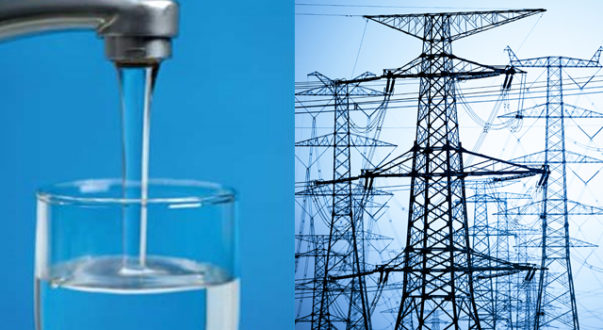Introduction:
In May 17th, 2023, the Public Utilities Regulatory Commission (PURC) with government of Ghana announced an 18.36% increase in utility tariffs, which includes electricity, water. The average end-user tariff for electricity by 18.36% for the second quarter of 2023, adding on to an almost 30% increase in the first quarter, its utilities regulator said on Wednesday. This increase in tariffs has caused a lot of concern among public sector workers in the country.
The tariff hike is due to the net effect of further currency depreciation, inflation and an increase in the cost of gas, the Public Utilities Regulatory Commission said.
“Utility companies are under-covering and require an upward adjustment of their rates in order to keep the lights on”, it stated, in absence of that the potential for outages was high. This article will examine the impact of the increase in utility tariffs on public sector Ghanaian workers.
Impact on Disposable Income:
The increase in utility tariffs will have a direct impact on the disposable income of public sector Ghanaian workers. With the increase in tariffs, workers will have to pay more for their utility bills, leaving them with less disposable income. This reduction in disposable income may lead to a decrease in consumer spending, which could have a negative impact on the economy.
Impact on Cost of Living:
The increase in utility tariffs will also lead to an increase in the cost of living for public sector Ghanaian workers. As workers have to pay more for utilities, they will have less money to spend on other essential items such as food, housing, and healthcare. This could lead to a decline in the standard of living for workers and their families.
Impact on Productivity:
The increase in utility tariffs may have an indirect impact on the productivity of public sector workers in Ghana. With the increase in utility bills, workers may experience financial stress, which could lead to absenteeism and reduced productivity. This could have a negative impact on the quality of services provided by public sector workers, which could ultimately affect the economy.
Possible Solutions:
To mitigate the impact of the increase in utility tariffs on public sector Ghanaian workers, the government could consider implementing targeted subsidies to reduce the burden of the increase on workers. The government could also explore alternative energy sources such as solar power to reduce the reliance on traditional utility sources.
Conclusion:
The increase in utility tariffs announced by the Ghanaian government will have a significant impact on public sector workers in the country. The increase in tariffs will lead to a reduction in disposable income, an increase in the cost of living, and potentially, a decrease in productivity. To address the impact of the increase in tariffs, the government could consider implementing targeted subsidies and exploring alternative energy sources to reduce the burden on workers.
By :
Frank Kwame Abbor
THANK YOU for constantly reading stories on MyGhanaMedia.com, news publishing website from Ghana. Kindly like, follow, comment and SHARE stories on all social media platforms for more entertaining updates!
Source: Frank Abbor
Disclaimer: “The views expressed on this site are those of the contributors or columnists, and do not necessarily reflect MyGhanaMedia’s position. MyGhanaMedia will not be responsible or liable for any inaccurate or incorrect statements in the contributions or columns here.”
There are four types of content published on MyGhanaMedia.com daily: curated content; syndicated content; user-generated content; and original content.

Admission is still in progress… Get yourself trained in any of our programmes to become a professional healthcare practitioner. Apply now! visit: racoh.edu.gh
 MYGHANAMEDIA.COM Best Source Of Latest News
MYGHANAMEDIA.COM Best Source Of Latest News





